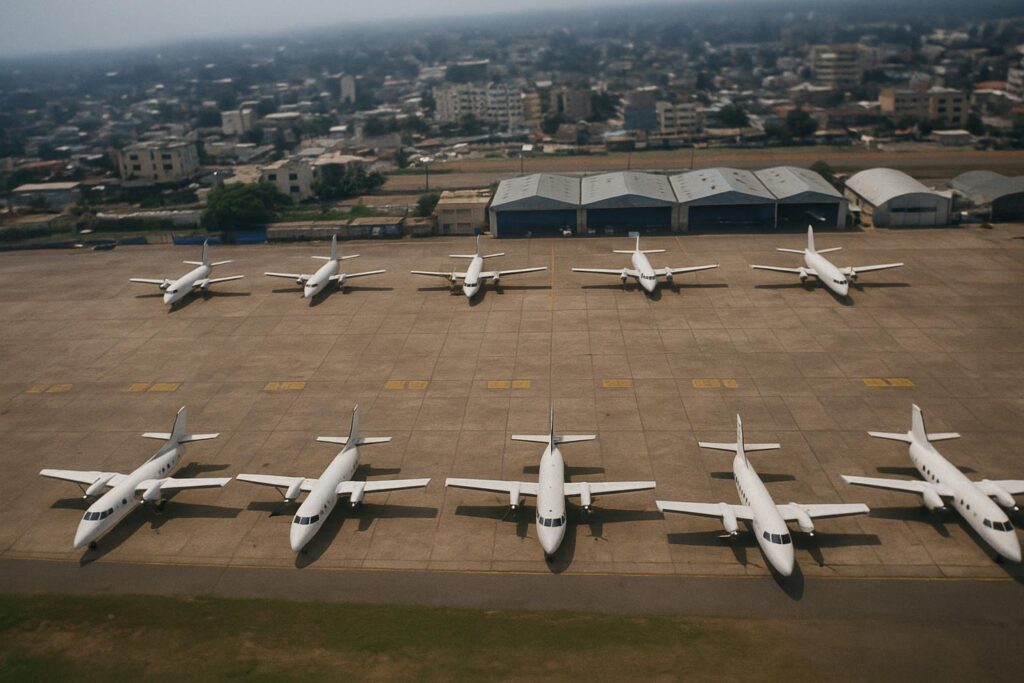Heightened Verification at Juba International Airport
The South Sudan Civil Aviation Authority has begun enforcing rigorous inspections on every aircraft entering the country’s airspace, officials told Eye Radio this week. Engineers are now stationed at Juba International Airport to cross-check maintenance logs, airworthiness certificates and crew licences before issuing landing clearance.
Tighter Checks on Maintenance and Crew Records
Acting Air Traffic Management manager Bol Ring Gum explained that South Sudan, lacking a national registry, relies on stringent document verification to keep its skies secure.
“If an aircraft comes to Juba today, our duty is to validate its paperwork,” he said, stressing the need to inspect pilot qualifications and recent training histories in line with international norms.
Crackdown on Forged Documentation
Authorities have uncovered a troubling rise in forged certificates, some purportedly issued by neighbouring regulators.
“You find maintenance logs altered to extend flying hours,” Bol Ring noted, adding that counterfeit documents have been detected inside South Sudan and presented by foreign operators.
Lighting Upgrade Paves Way for Night Flights
Parallel to paperwork reforms, the runway lighting system at Juba International Airport is undergoing a major facelift intended to permit full night operations by next month.
Technicians report that installation of approach lights and backup power units has reached final testing, a milestone expected to boost both commercial and humanitarian flights after dusk.
Alternate Aerodromes and Perimeter Security
The SSCAA is also mapping alternate aerodromes such as Wau and Malakal to ensure continuity should Juba’s single runway be obstructed.
Security upgrades, including an extended perimeter patrol from Gudele to the airport, aim to secure passengers and ground crews during late-night movements.
Wider Regional Implications for Aviation Safety
Regional aviation analysts say the measures could position South Sudan as a more reliable hub on the East-Central African corridor, reducing insurance premiums and attracting new routes.
Neighbouring regulators have signalled interest in shared safety audits, an initiative Nairobi-based expert Amina Ali calls “a pragmatic step toward harmonised standards that benefit every traveller.”


